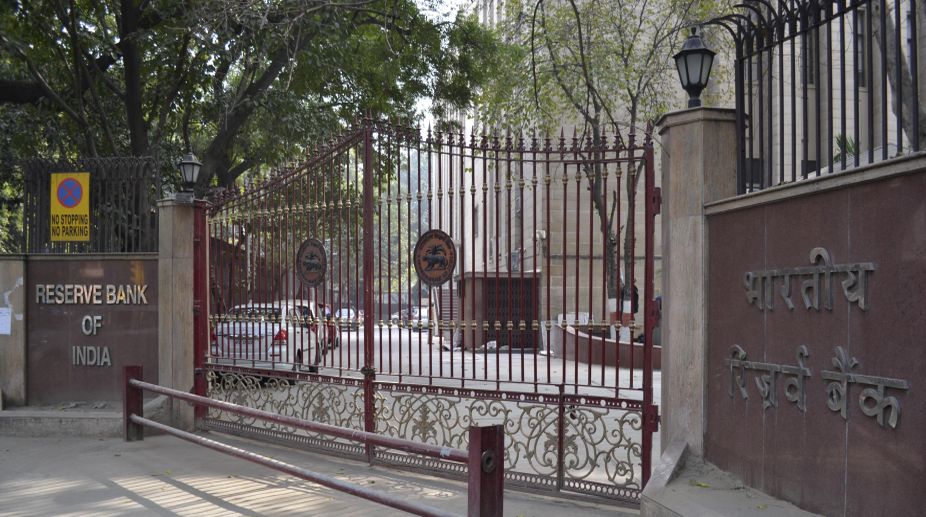Manmohan Singh’s far reaching reforms that made India a fastest growing economy
India has lost a towering figure in the Indian economic landscape, former Prime Minister of India, Dr Manmohan Singh.

(Photo: SNS)
In order to encourage banks to provide education loans, RBI has said rescheduling of payment period of such loans due to unemployment of borrower will not be treated as restructured accounts for computing NPAs.
Banks may allow up to three spells of moratorium (not exceeding 6 months each) during life cycle of education loan, taking into account spells of unemployment/underemployment, "without treating the exercise as restructuring", RBI said in a letter to the Indian Banks' Association (IBA).
Advertisement
However, banks would be required to maintain a higher provisioning of 5 per cent during the additional moratorium period and one year thereafter.
Advertisement
The RBI's response was on a clarification sought by the IBA whether the education loans with extended repayment period be treated as restructured loans.
"The facility of extended repayment period and increased number of moratorium for repayment may be extended to existing borrowers whose accounts are classified as 'standard'…," said the Reserve Bank of India.
As per RBI's Master Circular of July 2015, accounts that are restructured from April 2015 will attract higher provisioning and will be classified as NPA.
In 2013, the Department of Financial Services (DFS) had notified that if the repayments in education loans are extended due to revision in the repayment period, the same may not be treated as restructuring.
IBA had written to RBI to confirm that the notification of DFS of 2013 "holds good even now" and that banks need not treat such extended repayment period of education loans as restructuring.
IBA said the relaxation in repayment of loans is needed as "it may so happen that a borrower fails to get a good income or a job if the market has a slow-down".
On the other hand, it said, the student may not get a job, due to macro-economic conditions, which may result in default and spoils the credit score of both the student and his parents who are usually co-borrowers.
Advertisement